Discover The Mortise & Tenon Podcast
The Mortise & Tenon Podcast

79 Episodes
Reverse
In this episode, the guys tackle Bill Coperthwaite’s discussions about education – the kind that stifles us, and the kind that is conducive to a fulfilling life of engagement. Bill, as he is won’t to do, seeks to breaks down barriers and facilitate cooperation in his vision for a “handmade life.” Joshua and Mike appreciated so much in his take even if he seems to overreach at times. As a counter, the guys agreed that mentorship is important and that sometimes we don’t have the oomph to follow through on hard things. In times such as those, our souls need a spanking. Cultivating self-discipline is an important part of education. Listen in on Joshua and Mike interacting with Bill’s musings.
In this episode, the guys discuss Bill Coperthwaite’s chapter on labor: the goodness of it, the exploitation of it, and some of his ideas about how it can be improved. This is an idealistic vision that Joshua and Mike both resonate with and critique. Prepare to have your hackles raised. No matter where you’re coming from, you are sure to be offended by at least a few things in this episode.
In this episode, Joshua and Mike tackle Bill Coperthwaite’s discussion of beauty. The focus of this chapter is relatively narrow, zeroing in on the intangible aspects of beauty such as the production context: Who made this? Under what circumstances was it made? Etc. Coperthwaite argues that the process of deepening your knowledge of a thing enriches your sense of its beauty (or ugliness, as the case may be). When we fill our lives with things that are truly beautiful instead of only superficially so, the stuff we use on a daily basis becomes that much more meaningful. So meaningful, that we might even find ourselves apologizing to a broken teacup.
In this episode, Joshua and Mike pick up their discussion of Bill Coperthwaite’s first chapter in A Handmade Life. The discussion meanders through questions of the value of expertise, being an apprentice who is preparing to one day be a master, and blending the best of human cultures.
In this episode, Joshua and Mike tackle the first chapter in Bill Coperthwaite’s A Handmade Life: “Society by Design / Design by Society.” This chapter is worked through section by section, explaining and interacting with Bill’s relentless call to deliberately reorient our lives toward the best and most beautiful ends. This “democratic” call is for everyone to participate in self-reflection and purposeful action. The guys made it through the first half of the chapter, which ends with an intriguing critique of electric can openers, of which Bill said he “can’t think of anything more ridiculous.” This is technology criticism in action.
In this podcast episode, Joshua and Mike begin a new book discussion series. This time, the guys tackle Bill Coperthwaite’s inspirational work A Handmade Life: In Search of Simplicity. As is evidenced by the way Coperthwaite’s name continually resurfaces at M&T, this book has proven to be deeply foundational in the thought and vision of this publication. Just as they did with their podcast series on David Pye’s The Nature and Art of Workmanship, Joshua and Mike will be working through this book, chapter-by-chapter, summarizing his ideas and offering their own reflections (and occasional pushback) along the way. Bill Coperthwaite was a true visionary, but one who was firmly grounded in living out what he believed. The book is not to be overlooked or easily dismissed. Join the guys as they crack into this rich work.
In this episode, the guys discuss their upcoming special publication: The Tenth Anniversary Issue. They’ve poured out untold energy and creative reflection to make this the most compelling title they’ve ever released. This issue features: Joshua A. Klein, Michael Updegraff, the Yale Furniture Study, Steve Latta, Sally Bernstein and Joel Moskowitz, George Sawyer, Anne Briggs, Glenn Adamson, Kenneth Schwarz, Wendell Berry, and Jögge Sundqvist. This one will be talked about for years ahead. Available by pre-order only. Order yours before April 27, 2025.
In this episode, Joshua and Mike explore the pros and cons of working at a larger scale than furniture making. Whether you’re constructing something as immense as a barn or simply working in batches, trying your hand at a project that will take you more than a few days’ work will expand your capacities. Inspired by Joshua’s upcoming article in Issue Eighteen all about how he’s handplaning all the floorboards for his house, this episode was recorded to inspire you to roll your sleeves up for the long haul. There’s a lot of good work out there that needs to be done – too much to stand around just thinking about it.
Do you believe it’s healthier to work with your mind or is it better to work with your hands? We hope you said, “Neither.” Why the dichotomy? In this episode, Joshua and Mike argue that getting stuck in one mode or the other to the exclusion of all else undermines a person’s overall health. We are more than brains, and we are more than bodies. Because of this basic reality, seeking to restore balance after a time of intense work is essential to be able to carry on to the next stage of life.
In this new episode of the podcast, Joshua and Mike talk about the proverbial practice of making hay while the sun is shining – as soon as the days start to get longer in the Maine spring, it’s time to get to work. They discuss the “House by Hand” 1821 Cape house restoration project and all the progress that has been made since the start of the year, with the goal of getting the Klein family moved into a somewhat completed building by winter. But how “finished” is finished enough? And what does the previous history of this house teach us about the iterative process of living in a structure while working on it? Drawing from Nevan Carling’s upcoming Issue Seventeen article, the guys make the argument that an old house is an indispensable article of material culture, and that preserving and living in it is a way of conversing with, and learning from, the past.
In this new episode, the guys talk with woodworker and author Andy Glenn, whose new book Backwoods Chairmakers: In Search of the Appalachian Chairmaker was published by Lost Art Press. If you’re interested in handmade and vernacular furniture, this new title should be on the top of your list. Glenn covers, not only the nuts-and-bolts discussions about building these chairs, but also an intimate glimpse into the lives of these makers still actively selling chairs today.
Not everything in life needs to be “set it and forget it.” There are all sorts of things that we would do well to tend to – to care for – to pay attention to. In this episode, Joshua and Mike discuss the value of maintaining the stuff of our lives. Rather than consider it a burden that ought to be overcome, the guys argue that there is something inherently valuable in the practice of tending. Whether it’s seasonally adjusting shifting doors, maintaining old wooden windows, or repairing your own vehicles, the act of maintenance is an act of participation, rather than consumption. This podcast conversation is a call to challenge yourself to undertake things you’ve never done before, because in so doing, you may find that the more you faithfully pay attention to, the more you will grow – not to mention, the more you might learn to appreciate and enjoy the mundane details of life.
John Ruskin once said, “Fine art is that in which the hand, the head, and the heart of man go together.” In this episode, Joshua and Mike discuss the brand-new “Mechanical Arts Program” that they’ve launched in partnership with Greystone Theological Institute. Inspired by 12th-century theologian Hugh of Saint Victor, their aim is to help thoughtful learners reintegrate the work of the head with the work of the hands. The guys take this episode to discuss the first class held in their Maine woodshop this October.
This episode was recorded on the road back in September, and in it Joshua, Mike, and Eden explain the various ways they’ve sourced lumber in rural Maine. As a from-the-hip recording, this conversation traverses quite a varied terrain – from the house project status to purchasing lumber in unconventional ways to the damage solar farms have done to the state of Maine. Buckle up – this one’s taking you places you never thought you’d go.
In this episode, Joshua and Mike reflect on their time at Handworks, quite possibly the single most significant hand-tool woodworking event in the world. Part travelogue, part update, part rumination, this episode traverses a range of topics. If you weren’t there, you really missed out.
Our metaphors matter. When we are in the throes of a busy schedule, our culture encourages us to “crank it out” in order that we might emulate the hard worker who remains steadfast “like a machine”. We are encouraged to “recharge” with enough sleep and “fuel up” with caloric intake only so that we can be all the more efficient the next day. The problem with this metaphor is obvious: We are, in fact, not machines. Embodied creaturely life is organic, not mechanical. In this episode, Joshua and Mike remind us that our work should be aiming for “fruitfulness”, not efficiency, because all good work has latent within it the seeds of further fruit.
In this final episode of their tour through David Pye’s The Nature and Art of Workmanship, Joshua and Mike bring up several of their critiques of Pye’s thought. As helpful and insightful as he was, the guys both are left feeling like something was missing. See how this book comes up short of a full-orbed, holistic discussion of workmanship and it’s enduring value in a technological age.
Joshua and Mike have finally arrived at the final chapter of David Pye’s The Nature and Art of Workmanship, and it has been quite a ride. What did Pye see as the future of craftsmanship from his vantage point in 1968? Was he right? Is his assessment still valid in 2023? Listen in to this final installment to find out.
“Handmade” does not mean “shoddy.” This latest episode of the David Pye mini-series tackles chapter 10 of The Nature and Art of Workmanship in which Pye takes John Ruskin to task for his sloppy reasoning about workmanship. Pye’s motivation in writing his book was to critique the “illegitimate extensions” of Ruskin’s ideas about art and pleasure in work. He believed that a more precise analysis would clear up this muddy thinking so that the crafts could be recovered and dignified once again.
OK… that’s an ambiguous title. But, be assured that the guys recorded this episode to make it all come clear. In this next installment, Joshua and Mike expound Chapter 9 of David Pye’s The Nature and Art of Workmanship. This chapter is the culmination of his argument about why surface qualities are so important. Get ready to dive into the weeds – no aspect of craftwork is too small to consider carefully.



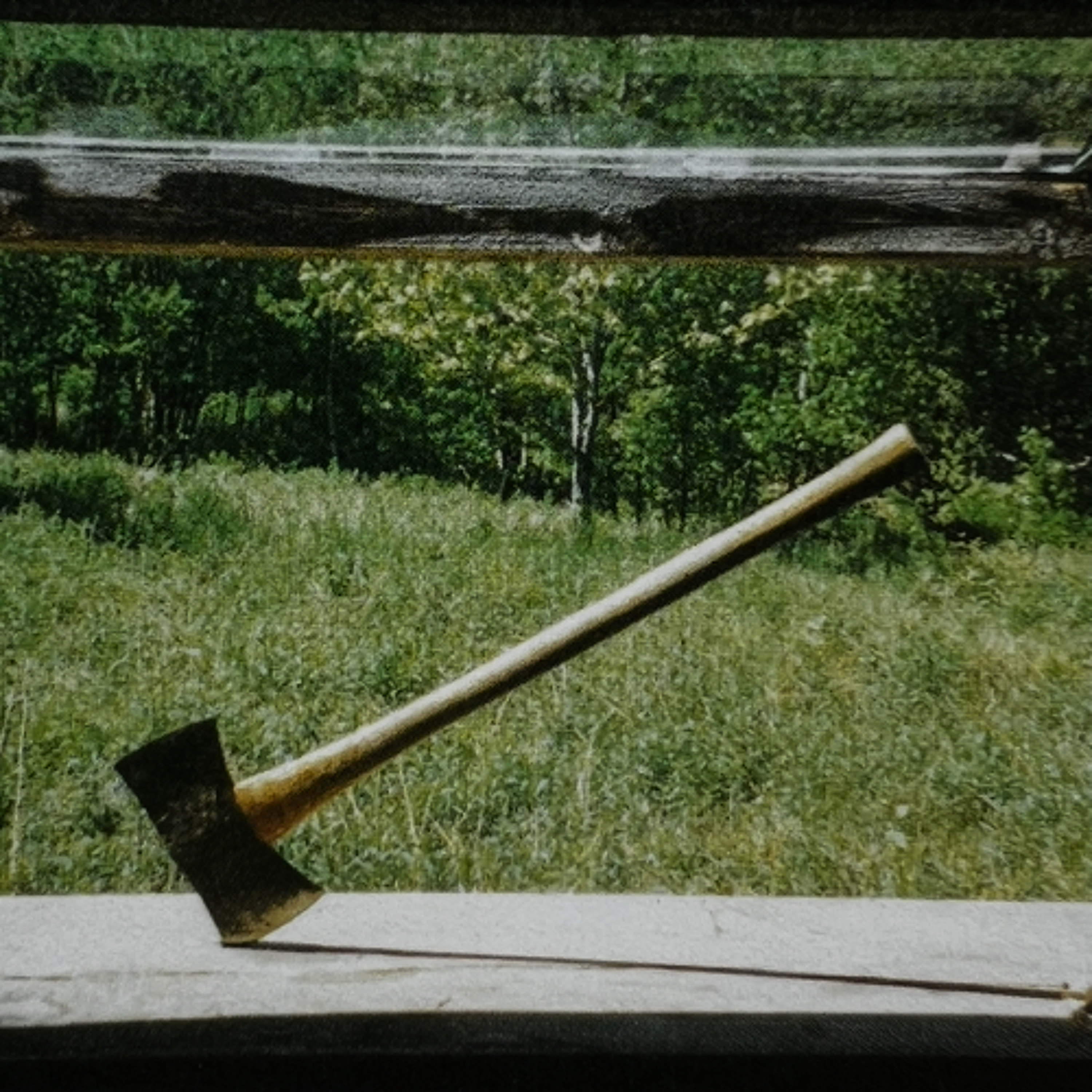
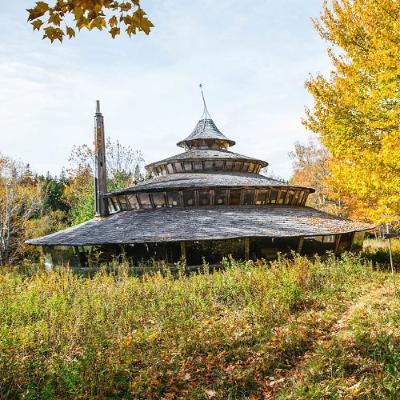
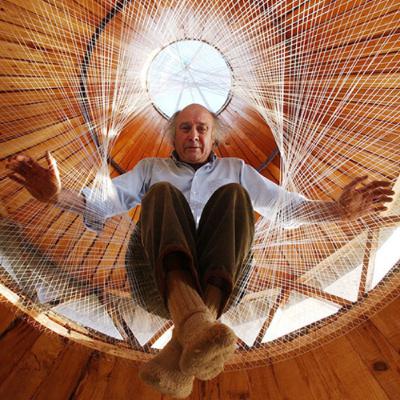
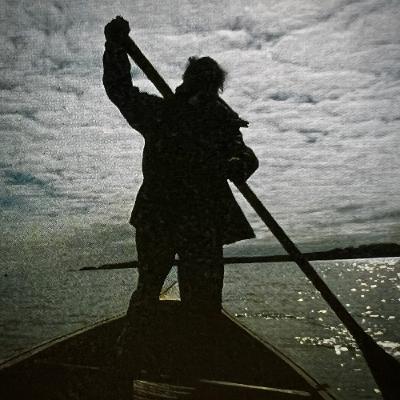
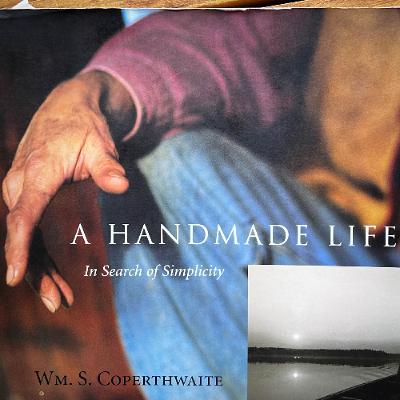
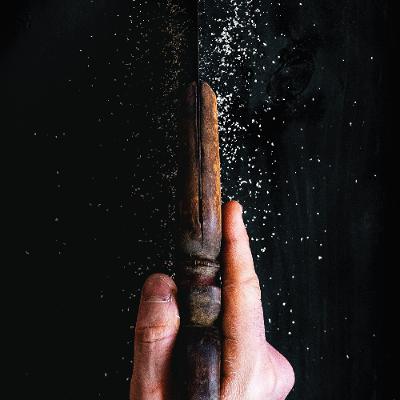
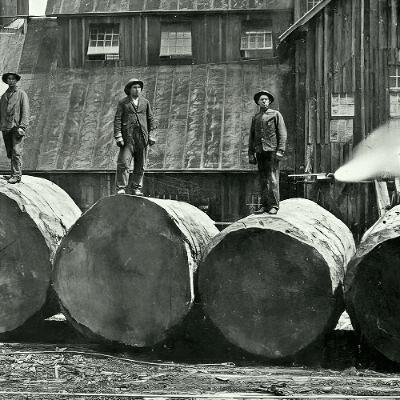
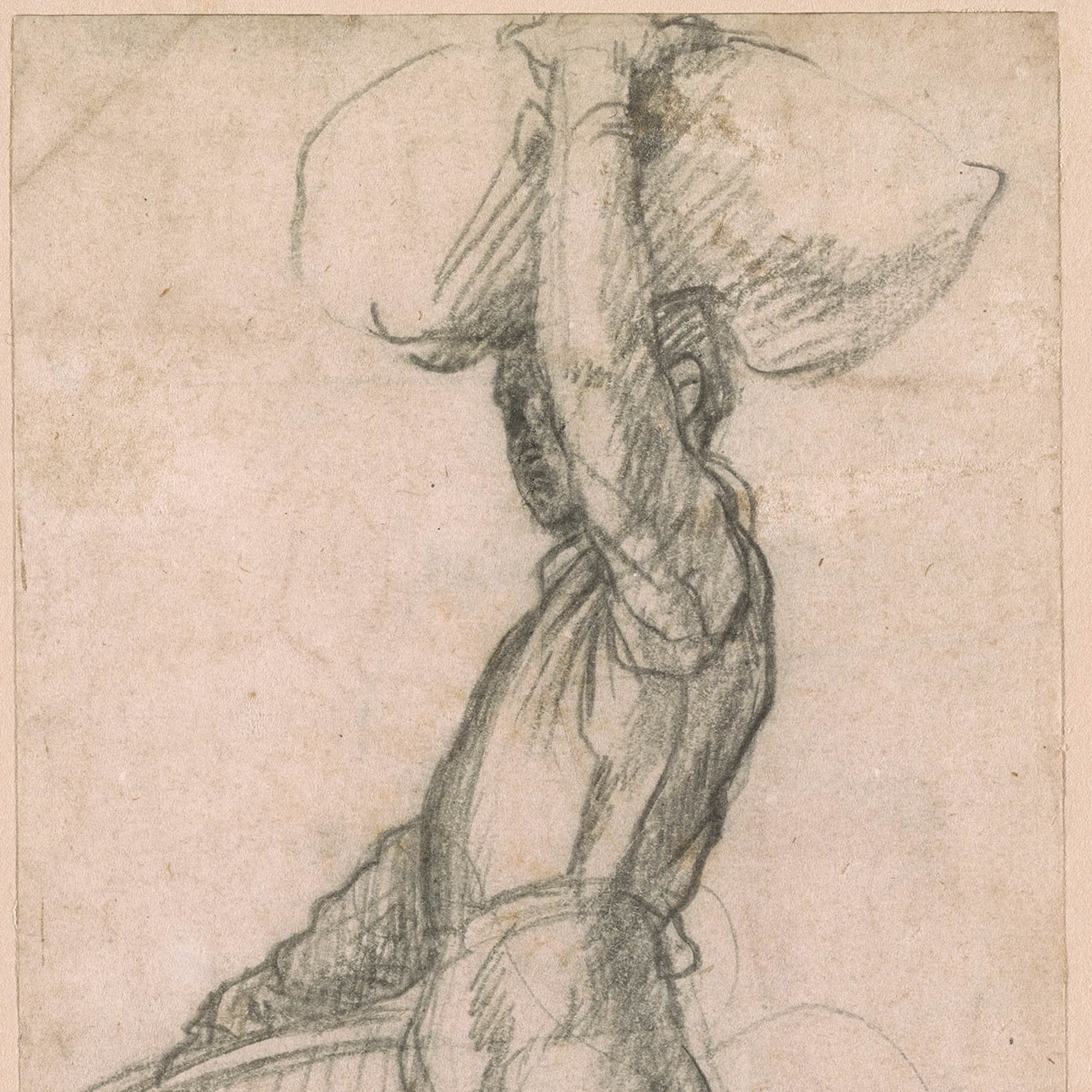

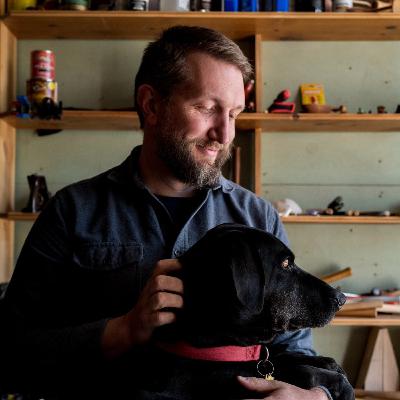
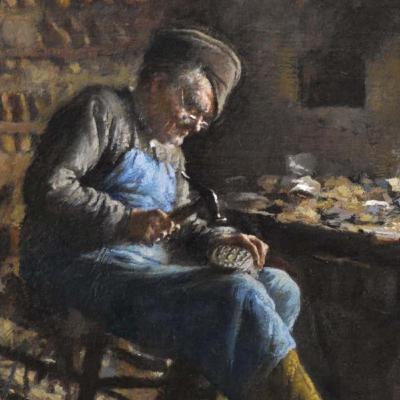
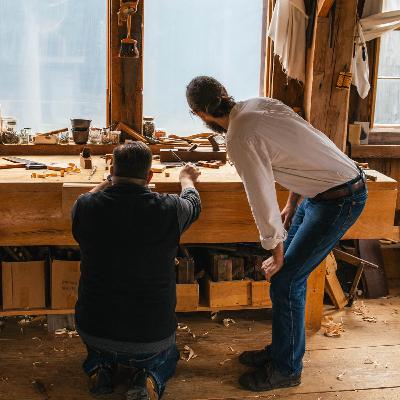

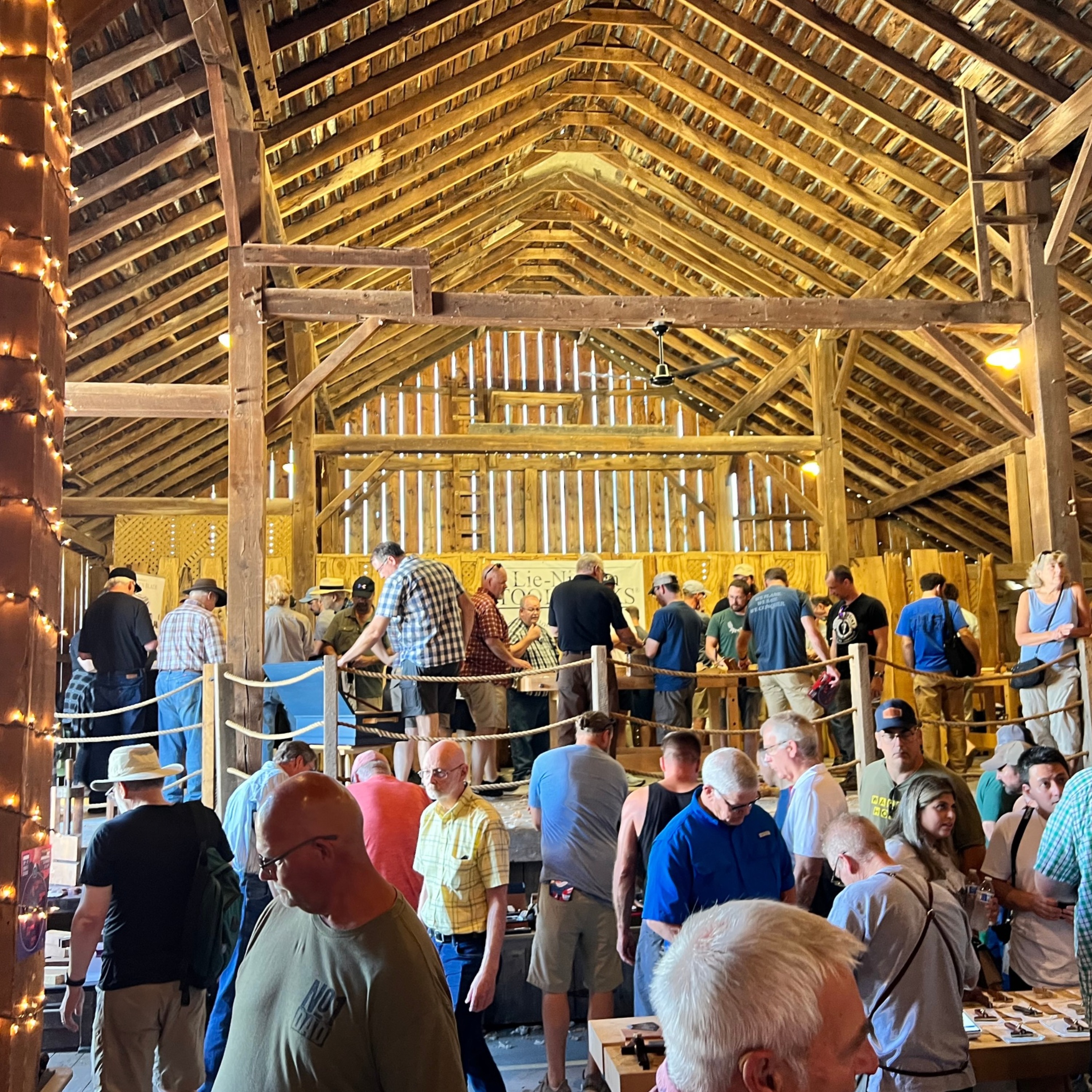
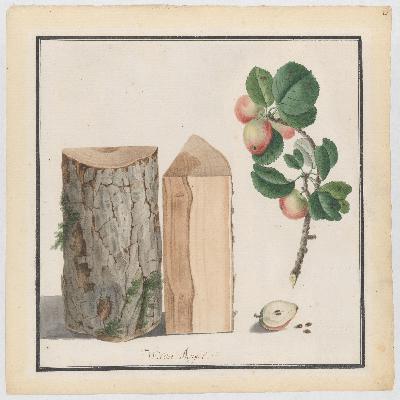
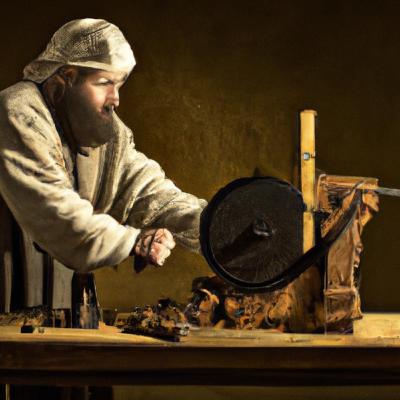
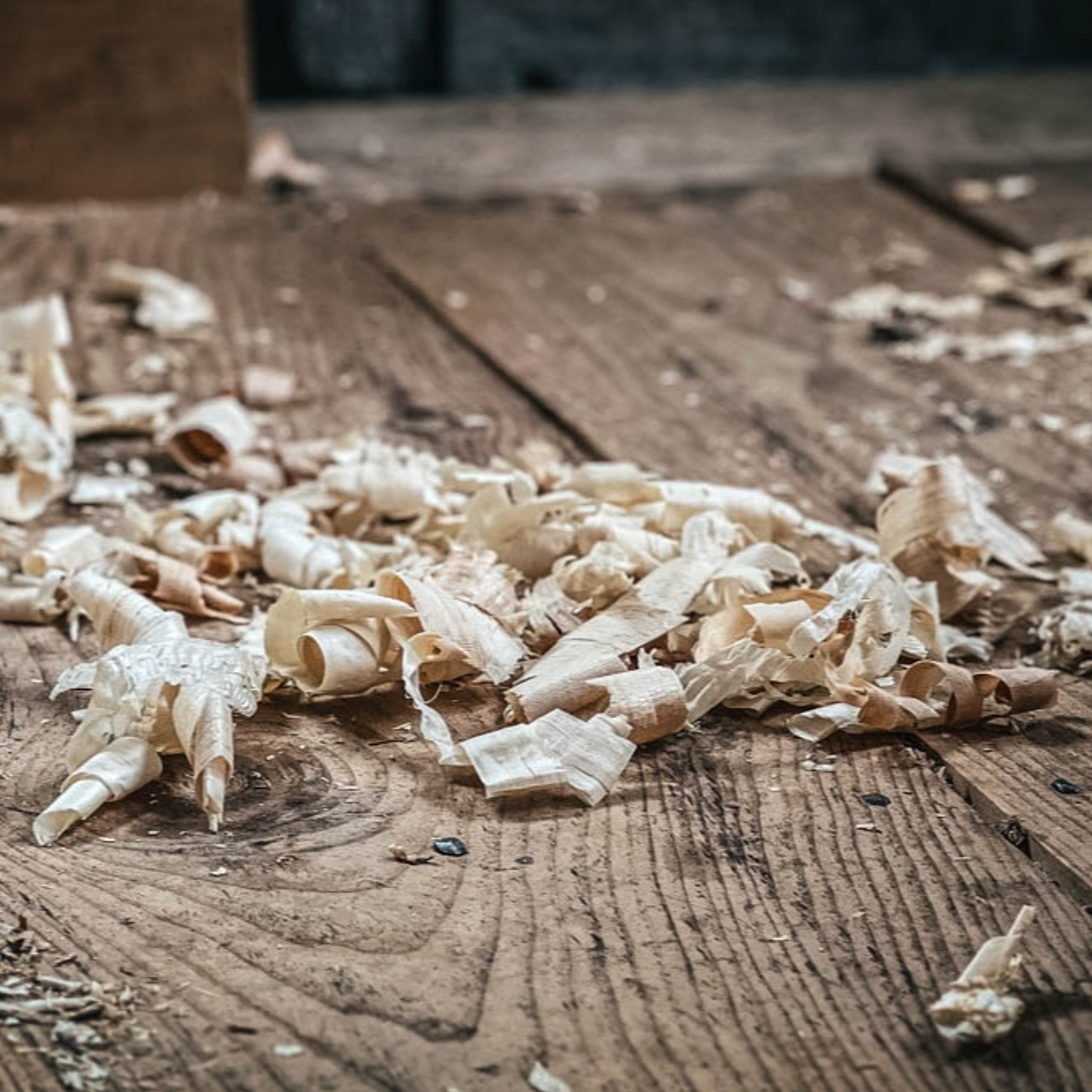
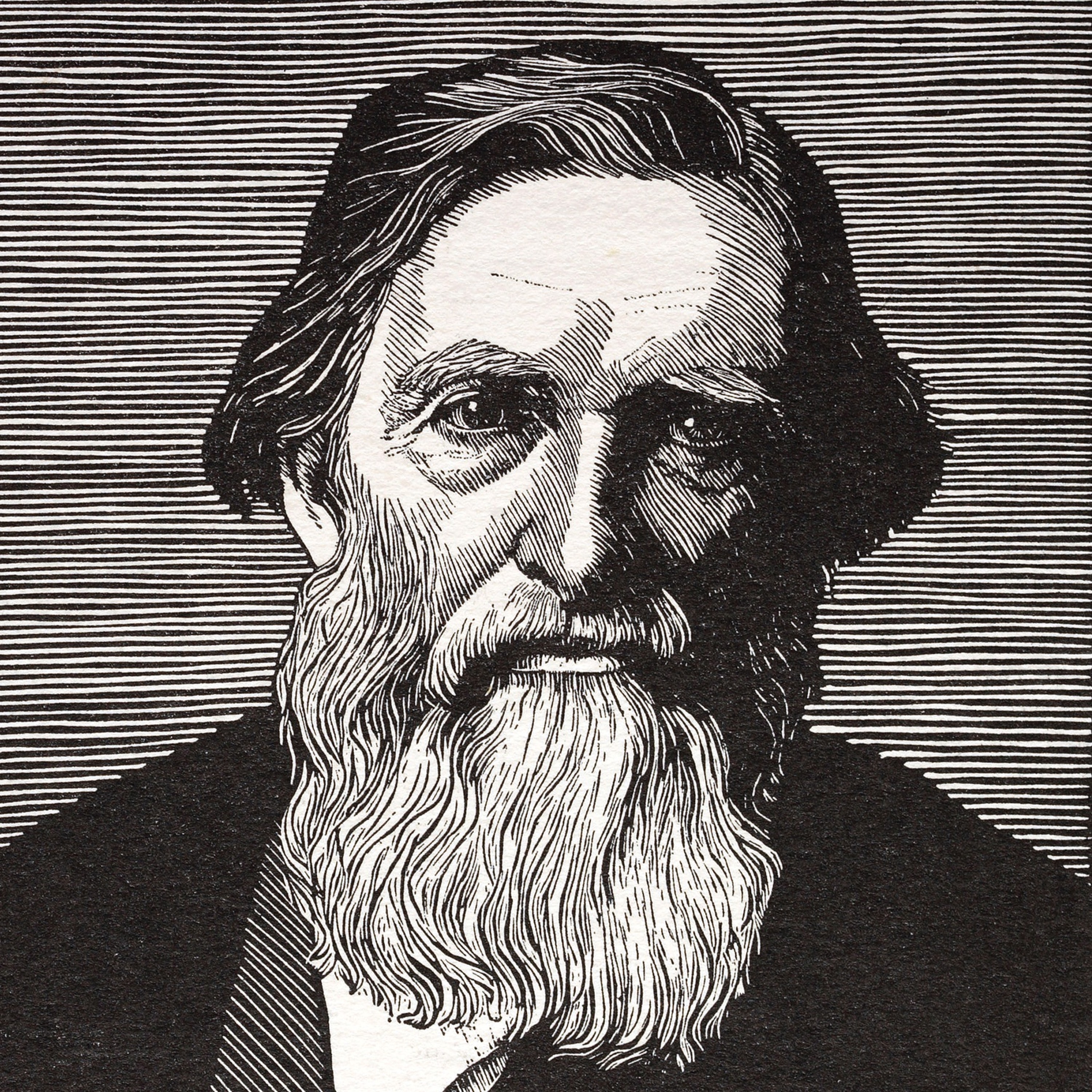
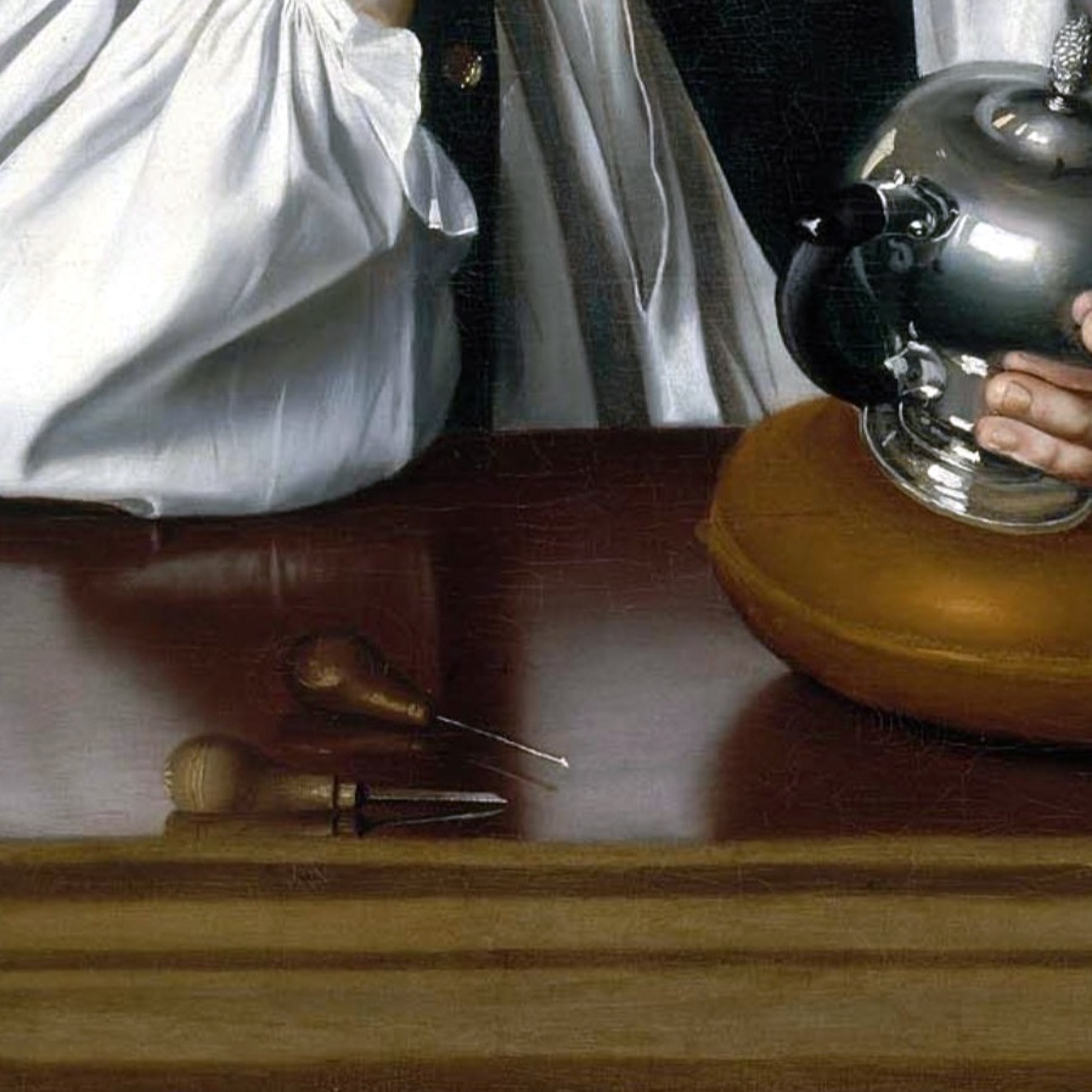



The amount of "um" that is in this podcast is driving me nuts.